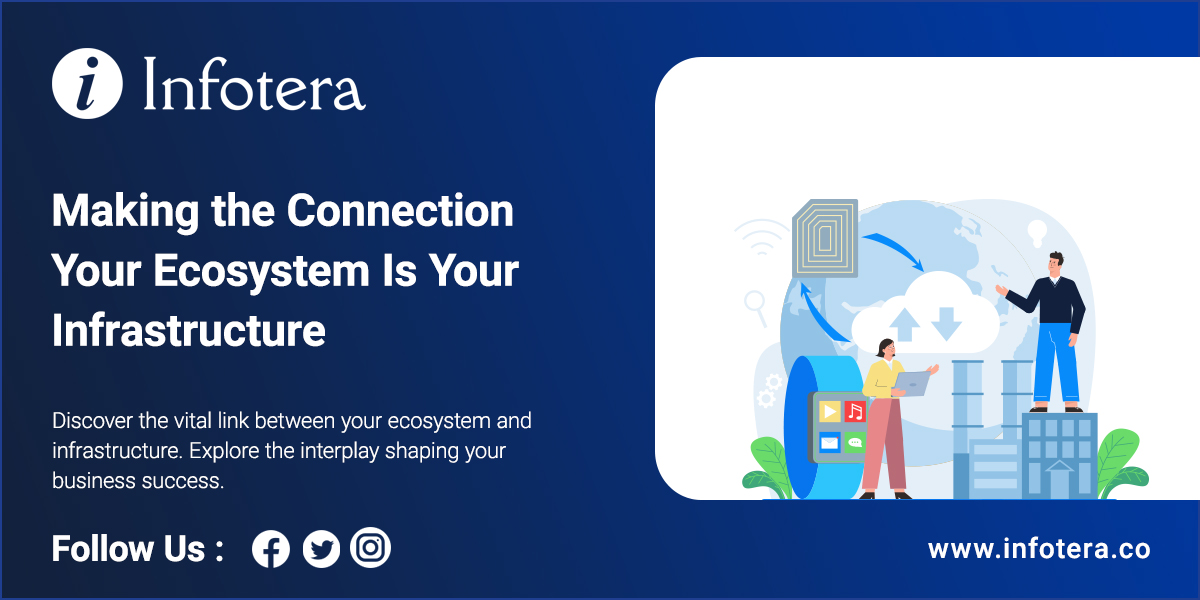In business, it’s easy to get caught up in the mechanics of running a company—the products, the sales, the finances. But to truly thrive, you need to zoom out and remember that every organization exists within an larger ecosystem. Your ecosystem is the soil that nourishes your company and allows it to grow. Neglect this ecosystem, and even the strongest business will wither.
Defining Your Ecosystem
What exactly is your business ecosystem? Simply put, it’s the network of partners, suppliers, customers, markets, and stakeholders that enable your company to operate. Some key members of your ecosystem might include:
- Suppliers providing raw materials, components, and services
- Channel partners distributing and selling your offerings
- Customers and users engaging with your products
- Industry organizations shaping standards and best practices
- Investors and shareholders providing financial capital
- Local communities where you operate facilities
- Trade associations and nonprofits you interact with
Your ecosystem also encompasses macro forces like economic conditions, technological shifts, regulatory changes, and societal trends. Engage with your full ecosystem and you can flourish. Ignore it and you do so at your own peril.
Your Ecosystem as Infrastructure
Why does your business ecosystem matter so much? Because in today’s interconnected world, your ecosystem essentially serves as your infrastructure.
Infrastructure refers to the underlying systems and structures that support progress and growth. Roads, bridges, rail lines, power grids, pipelines, and airports are all examples of physical infrastructure. Your ecosystem acts as human infrastructure, enabling you to get your offerings to market efficiently and cost-effectively.
No modern company is an island. Even the simplest product involves raw material extraction, component manufacturing, software development, legal work, sales channels, and more. Your business relies on this web of partners and systems for fundamental operations. In other words, your ecosystem is your infrastructure.
Nurturing Your Ecosystem
If your ecosystem is your infrastructure, then it’s crucial to invest in that ecosystem. This means deliberately cultivating win-win relationships with suppliers, distributors, customers, and other entities.
How can you nurture your business ecosystem?
- Communication: Maintain open and frequent communication with all stakeholders. Understand their needs and challenges.
- Collaboration: Explore partnership opportunities that provide mutual benefits. Co-innovate to create better solutions.
- Shared vision: Align your mission and values with partners. Focus on shared goals rather than competing interests.
- Best practices: Demonstrate integrity in all your practices. Set the example of an ethical, sustainable business.
- Community involvement: Support charities and volunteer efforts important to your partners. Give back to the communities you operate in.
By proactively strengthening bonds throughout your network, you reinforce the connective tissue that underpins your success.
Ecosystem Success Stories
Thriving ecosystems don’t happen by accident. They require conscious, consistent relationship building across the network. Here are some real-world examples:
- Apple cultivated an ecosystem of app developers, accessory makers, and distribution channels to make the iPhone ubiquitous.
- Uber built out a global ecosystem of drivers, riders, lease providers, and engineers to scale rapidly.
- Amazon Marketplace created a win-win ecosystem for third-party sellers to exponentially expand product selection.
- Patagonia forged an ecosystem of sustainable material suppliers, recyclers, nonprofits, and loyal customers united by its mission.
Each of these companies succeeded by recognizing the importance of the ecosystem and nurturing the right partnerships within that ecosystem.
Disruption Beyond Your Control
Of course, even if you steward your own ecosystem well, broader disruptions can still threaten your business. Economic downturns, resource scarcity, climate events, and other systemic shocks can ripple across ecosystems in unpredictable ways.
Maintaining adaptability and resilience requires keeping a pulse on your whole ecosystem, not just your inner circle of partners. Look for emerging imbalances or vulnerabilities in the wider network that could impact your operations down the road.
With vigilance and proactive mitigation, your company can plan ahead for and weather external disruptions beyond your control. Don’t wait to get broadsided.
Your Ecosystem, Your Destiny
In conclusion, the connections you build and nourish within your ecosystem determine your success as an organization. Ignore this reality, and you chart your own demise. Invest in win-win partnerships, foster a shared vision, and uphold best practices, and your business can thrive for decades to come. Your ecosystem is your infrastructure. Nurture it and set your company up for sustainable growth.

